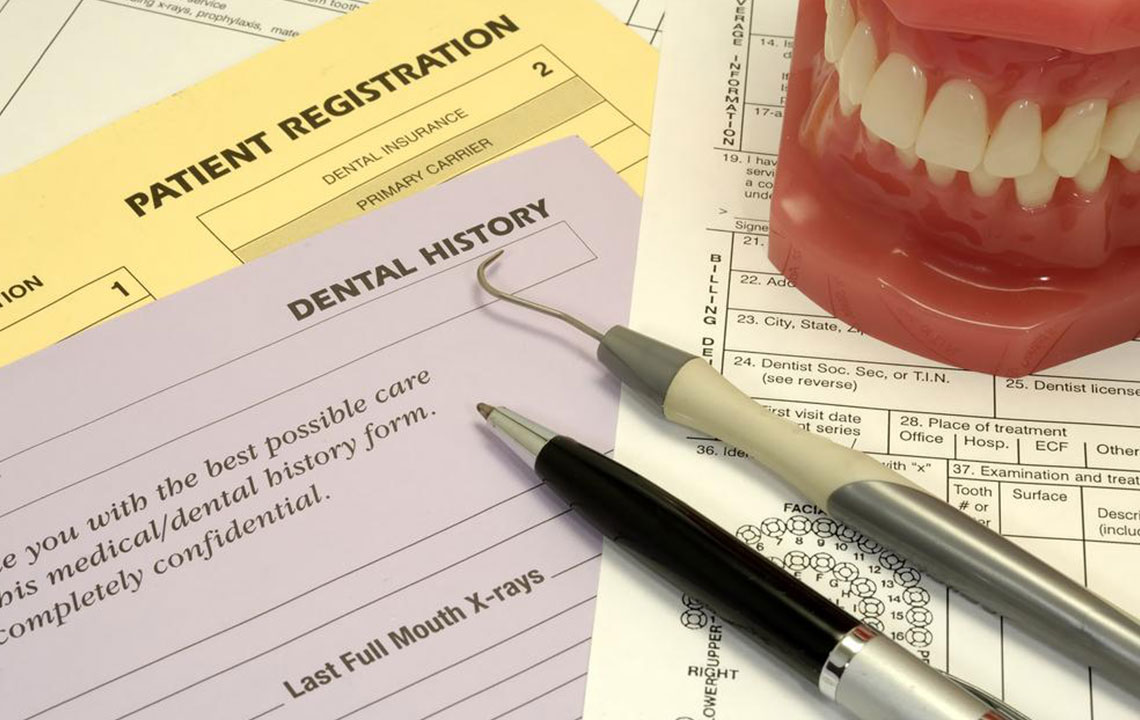Choosing the Right Dental Insurance Plan for Your Needs
Explore various dental insurance options to enhance Medicare coverage. Learn about PPO, HMO, discount, and indemnity plans, their benefits, and limitations. Make informed decisions to safeguard your dental health while managing costs effectively.

Understanding Dental Insurance Options
Most standard Medicare policies do not cover routine dental treatments such as extractions, root canals, fillings, or cleanings. Since specialized dental care can be costly, obtaining a dedicated dental insurance plan could be a wise move. These plans typically supplement Medicare coverage, covering services not included under traditional policies, subject to pre-set conditions.
Let's examine different dental insurance plans and their financial impacts.
PPO Plan — The Preferred Provider Organization plan offers flexibility to see any dentist. However, the lowest out-of-pocket costs are available when visiting in-network providers. The plan covers part of your procedures, but copayments are required. It also includes deductibles and a maximum annual coverage limit.
HMO Plan — The Health Maintenance Organization plan involves prepayment and restricts you to network dentists. If you choose a provider outside the network, you will pay all costs yourself. This plan has no deductibles or maximum limits but operates on a coinsurance basis.
Discount plans do not restrict your choice of providers but require meeting a deductible to qualify for coverage.
The Indemnity Plan offers partial coverage for specific dental treatments. You can visit any dentist, but the cost of consultations is paid out-of-pocket since the insurance generally does not reimburse dentists under this plan.
Note:
The details provided here are a compilation of research, industry data, expert opinions, and statistics. However, the specifics can vary based on individual circumstances or financial institutions. As financial scenarios evolve, the information might become outdated. We advise consulting a financial professional before making insurance decisions, as the content represents general guidance and not personalized advice.










